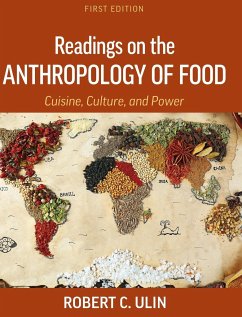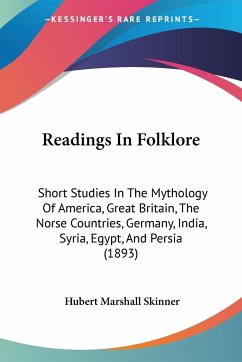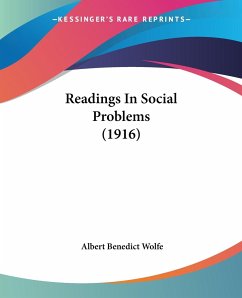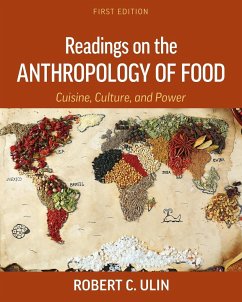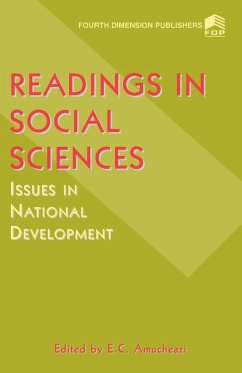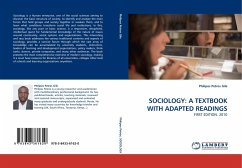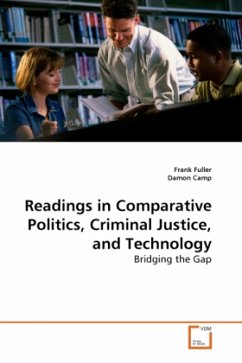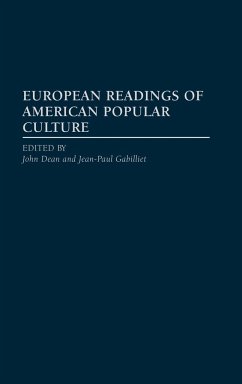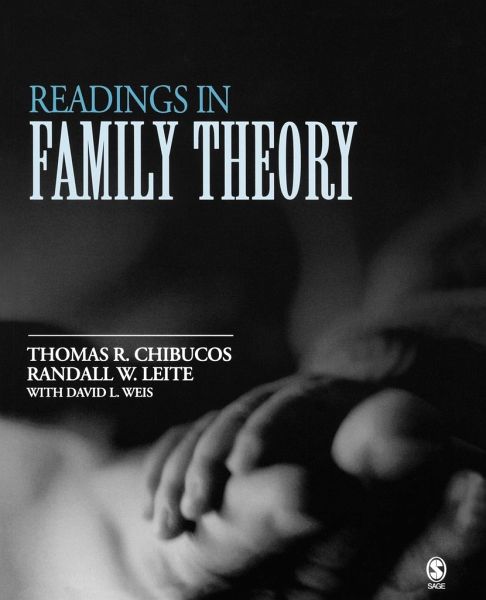
Readings in Family Theory
Versandkostenfrei!
Versandfertig in 1-2 Wochen
148,99 €
inkl. MwSt.

PAYBACK Punkte
74 °P sammeln!
Readings in Family Theory is an anthology of classic and contemporary articles that provides a context for student learning by demonstrating how theory fits into the overall process of scientific research on families. The book provokes student interest in theory by providing examples of the scholarly application of family theory to compare how people use similar processes in everyday life. Using this contextual orientation, the selected readings examine nine prevalent theoretical perspectives from both family and human development sciences. Editors Thomas R. Chibucos, Randall W. Leite, and Dav...
Readings in Family Theory is an anthology of classic and contemporary articles that provides a context for student learning by demonstrating how theory fits into the overall process of scientific research on families. The book provokes student interest in theory by providing examples of the scholarly application of family theory to compare how people use similar processes in everyday life. Using this contextual orientation, the selected readings examine nine prevalent theoretical perspectives from both family and human development sciences. Editors Thomas R. Chibucos, Randall W. Leite, and David L. Weis offer brief descriptions of the basic concepts and historical roots of each theory along with examples of scholarship and research guided by each. The volume editors suggest that scientific progress will be enhanced to the degree that research and theory are more fully integrated into the family and human development sciences. Key Features Volume editors provide an introduction to the reader and discuss what theory is and why it is important Nine theoretical perspectives are examined-family life course, life-span development, social learning, social exchange, social conflict, feminist, symbolic interactionist, family systems, and ecological Chapters include a brief description of the readings, issues for consideration, and a list of additional readings for further research The concluding chapter provides an overview of developments in family theory and thoughts on future directions Readings in Family Theory provides undergraduate and graduate students with an excellent introduction to family theory. It can be used as a stand-alone text or as a companion to any other family theory texts.






